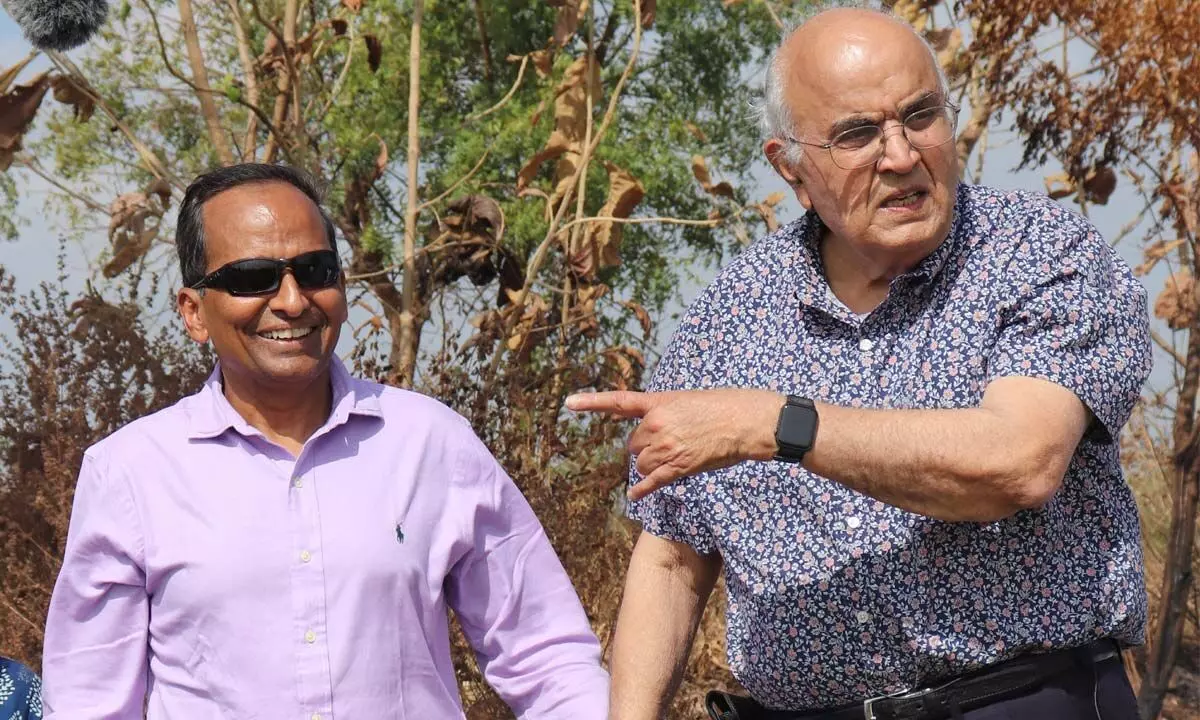Kanwal Rekhi commits Rs. 20 cr to Kakatiya Sandbox
Kanwal Rekhi, an iconic Silicon Valley entrepreneur, has committed Rs 20 crore to support Kakatiya Sandbox (KS) to promote and scale rural entrepreneurship programmes in India through KREST- Kanwal Rekhi Rural Entrepreneurship and Startup Center.
image for illustrative purpose

Hyderabad: Kanwal Rekhi, an iconic Silicon Valley entrepreneur, has committed Rs 20 crore to support Kakatiya Sandbox (KS) to promote and scale rural entrepreneurship programmes in India through KREST- Kanwal Rekhi Rural Entrepreneurship and Startup Center. As a part of K-hub, the social innovation hub run by KS in Nizamabad will improve economic prosperity in North Telangana. On the occasion, Telangana IT and Industries Minister KT Rama Rao said, "I am confident that KREST will become a bustling center for innovation and entrepreneurship in Telangana. It is also well poised to become a gateway for entrepreneurs from the rest of India looking to solve the challenges of rural India. I am thrilled that Kanwal Rekhi has chosen Telangana to create KREST."
Kanwal was the first Indo-American Founder & CEO to take a venture-backed company public on the NASDAQ. He co-founded and helped build TiE into the largest global network of entrepreneurs. Kanwal has been a great role model in entrepreneurship and philanthropy. He is also known as 'The Entrepreneurship Pandit'.
KS is an extension of the Deshpande Foundation (DF), founded by Gururaj Desh Deshpande & Jaishree Deshpande in Hubballi, Karnataka. The successful model inspired Raju Reddy and Phanindra Sama to replicate it in Nizamabad, Telangana as KS. It is a place for impact catalysts to test ideas, make changes and eventually develop truly scalable solutions to bring about rural transformation.
Raju Reddy, Co-founder of KS, said: "KREST will support mission-driven entrepreneurs solving problems in agriculture, healthcare, education and rural livelihood. Kanwal's considerable contribution has the potential to be transformative, and I believe KREST can become a model for other parts of rural and semi-urban India."

